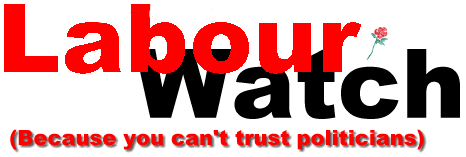
Those of you who remember politics before Thatcher may, like me, be
appalled by the changes in the way that politics is 'done' these days.
Here are a few of the worst changes as far as I see it.
- There was a time before spin doctors when politicians had to
stand by what they said. Now, anything is fed through so many people
checking that it is 'on message' that by the time we get to hear it,
it is practically meaningless. Any politician that dares to stand up
and say what he or she really thinks (e.g. Clare Short or Ken
Livingstone) is given a strict dressing down.
- As a side effect of the coming of the spin doctors, politicians no
longer spend time explaining what they are thinking or doing.
Communication with the general public is by sound bites. It's as if
they think that we wouldn't understand the complex concepts they are
dealing with.
- Sometimes the message is so distorted that the only possible
interpretation is that we are being delibrately misled. Examples
include Tony Blair giving the impression that he was happy with
Clause 4 until he became leader as well as many of the manifesto
promises - 'our main priorities are education, education and
education (but we'll be bringing in student fees as soon as we
reach power)' and 'we will not privatise the London Underground (but
we will sell off the track to a private company)'.
- New Labour is proud of its communciations with its members. It
claims the communication is two-way and it always gets the feeling
of the grass roots before doing anything important. I've had a
couple of these mailings from the party and the questions are always
framed to make it as difficult as possible to disagree. The Clause 4
vote was a case in point. Another was a questionaire that went out a
few months after they came to power. The questions were all things like
'Do you think that by allocating £X million more to schools we have
done a good thing?' The answer is obviously 'yes', but nowhere is the
other side of the coin mentioned. Where was the question 'Do you think
that charging students £1000 a year to get a degree is a good thing?'
